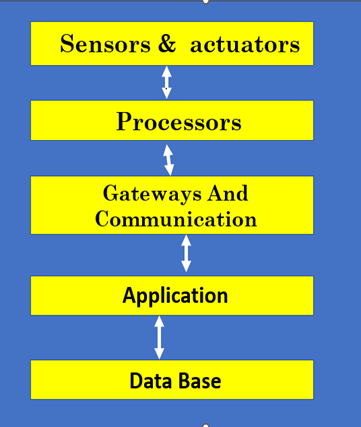ANONYMOUS (LAMBDA) FUNCTIONS IN PYTHON
- A lambda function is a small, unnamed function used with a single expression.
- In Python, it is used with the `lambda` keyword, so it is known as lambda expressions.
- It can take any number of arguments but can only have one expression.
Syntax:
lambda arguments:
expression
Features:-
- A quick and simple
function.
- Anonymous: They don't have a name like regular functions
defined with def.
- Compact: Defined in a single line, making them concise for
small operations.
- Created with lambda: Use the lambda keyword
followed by arguments and an expression.
- Single expression: Can only contain a single
expression, which is evaluated and returned.
- No return statement: The expression's value is
automatically returned.
- Can take any number of arguments.
- Can be used anywhere a function is expected.
Example:
add = lambda x, y: x + y # Adds
two numbers
result = add(5, 3) # Calls
the lambda function
print(result) #
Output: 8
Example: simple
function
def add(x, y):
return x + y
# Equivalent
lambda function
add_lambda =
lambda x, y: x + y
# Using the lambda
function
result =
add_lambda(3, 5)
print(result) # Output: 8
Example:- Using lambda
with map
numbers = [1, 2,
3, 4, 5]
squared =
list(map(lambda x: x**2, numbers))
print(squared)
Output: [1, 4, 9, 16,
25]
# Using lambda
with filter
even_numbers =
list(filter(lambda x: x % 2 == 0, numbers))
print(even_numbers)
Output: [2, 4]
Uses:
Need a simple, one-time function.
Need to pass a function as an argument to another function.
Need to improve code readability for concise operations.
Lambda functions
are commonly used with functions like `map()`, `filter()`, and `sorted()`:
Drawback:-
Not useful for complex logic or multiple statements, use regular def
functions.
Not useful for reuse in multiple places, a named function is more
readable.



0 Comments